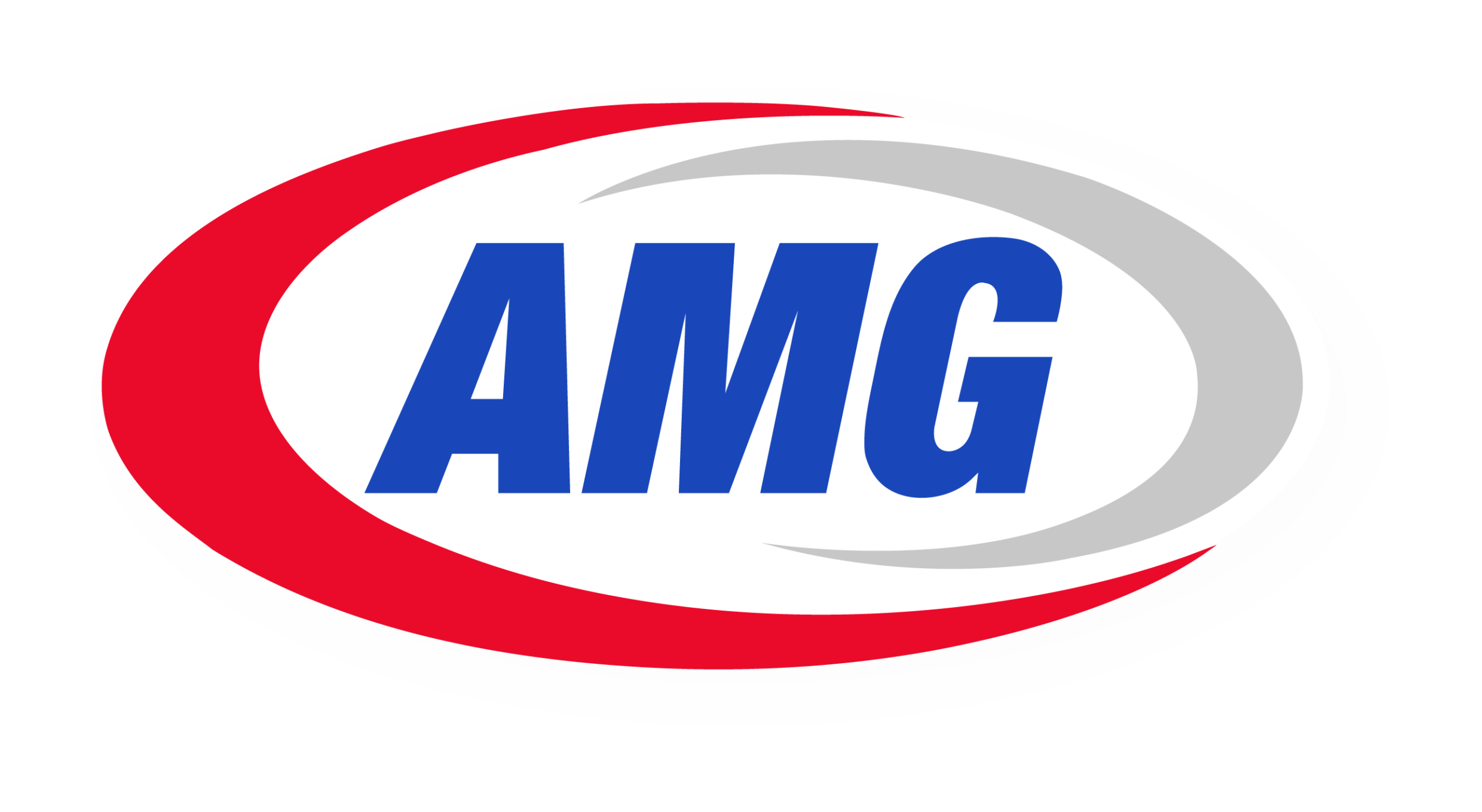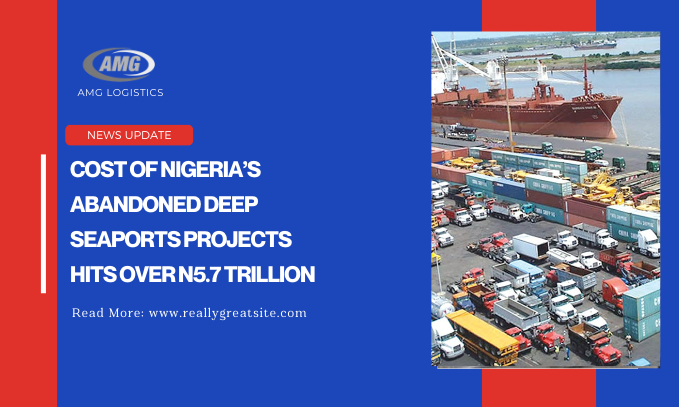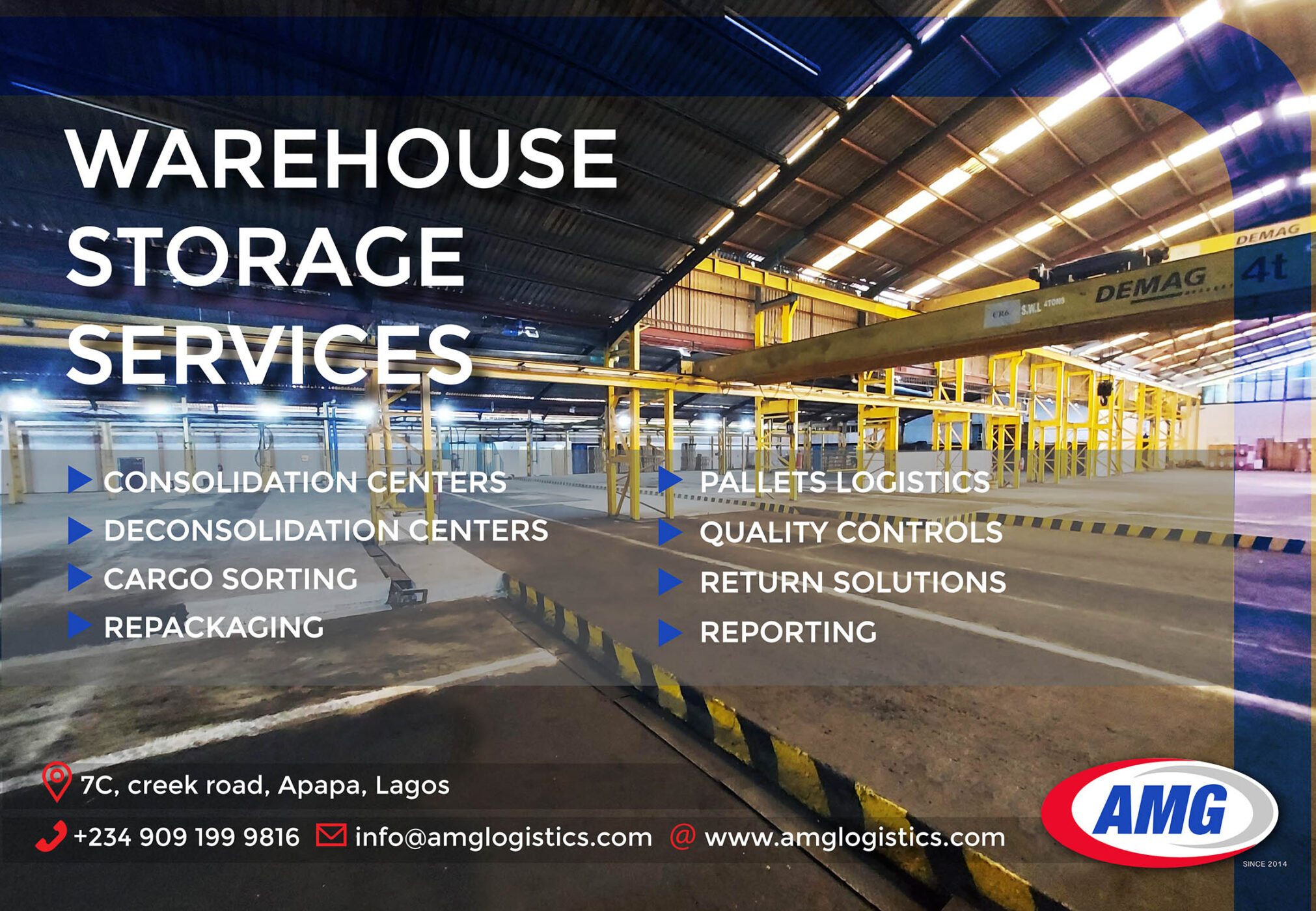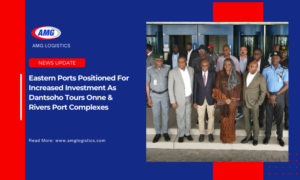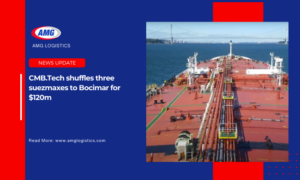Findings by Shipping Position Daily have revealed that the completion cost of the abandoned deep seaport projects in different parts of the country may have exceeded N5.7 trillion. This is even as stakeholders in the nation’s maritime industry have described some of these deep seaports as white elephant projects.
Checks by our correspondent revealed that, years after their announcements, more than five of the proposed deep seaports projects are yet to kick-off.
For instance, the Ibom Deep Seaport in Akwa Ibom State, which started with a promising vision to become a significant maritime hub, has seen little progress. Valued at $2 billion (approximately N820 billion), the project has been delayed due to funding challenges and logistics issues. The latest update about the project according to data obtained from the Infrastructure Concession Regulatory Commission (ICRC) website was in September 2022.
The Badagry Deep Seaport is another ambitious project estimated at $2.59 billion (around N1.07 trillion), was expected to be one of the largest in Africa. However, it remains incomplete, hindered by inadequate infrastructure and difficulties in securing the necessary land and environmental impact approvals
Our correspondent who visited the Badagry deep seaport site recently, confirmed that nothing has been done on the site, despite claims that the port will be ready in 2025.
Last update regarding the status of the deep seaport according to the information from the. ICRC website was in January 2019.
Similarly, the Escravos Deep Seaport in Delta State, valued at $2.9 billion (N1.2 trillion), has stalled. The project, which was supposed to be part of a larger free trade zone, and a refinery, gas complex, and independent power plant, has been delayed due to issues with land acquisition and environmental impact assessments
Responding to the delay regarding the Escravos deep seaport which is being promoted by a Nigerian firm; Mercury Maritime Concession Company in collaboration with EDIB International of Hong Kong, the Nigerian Ports Authority (NPA) had shed more light on why the $27.29billion Escravos Deep seaport project has stalled.
Responding to enquiries on the delay of the project via his X (formerly Twitter) handle, the former Managing Director, NPA, Mr Mohammed Bello-Koko revealed that the proposal submitted by the promoters of the Escravos Deep Seaport project has not provided the Authority with the necessary information to advise further.
According to the immediate past Managing Director, “Mercury Maritime Concession Company Ltd (MMCC) submitted a proposal and wants the Nigerian Ports Authority (NPA) to approve its request as the only deep seaport free zone in the eastern zone of the country for decades to come.
He explained that: ”The Authority has received many proposals for developing deep seaports, including Ibom, Burutu, Bakassi, Bonny, and Port of Benin, which are currently at different stages of review. Nonetheless, we carefully outlined the requirements for this project.
“The initial phase involves acquiring land. The availability and suitability of the site are essential for the successful development of the port. This process is yet to be accomplished. Although the classic position is for the Authority to acquire the land and grant a concession on it to the private party, recent concessions granted by the government allowed private parties to acquire the land, hold it for an agreed term, and, after recovering the cost, transfer it to the Authority. Examples are the Lekki & Badagry deep seaports”
Calabar Deep Seaport is projected to cost $2 billion (N820 billion), and is aimed to alleviate congestion at other Nigerian ports and stimulate economic growth in the Cross River State region. However, like the other projects, it has faced numerous delays and remains far from completion
Other deep seaport projects, including those in Bonny and Bakassi, have also been announced with much fanfare, but have seen little to no progress. These projects collectively add up to an estimated total cost of over $14 billion (N5.7 trillion), reflecting significant investments that have yet to yield tangible results.
Stakeholders, in a chat with our correspondent noted that the broader implications of these unfinished projects are substantial, expressing frustration over the lack of progress. Many describe the deep seaport projects as white elephant ventures that drain resources without delivering the promised economic benefits.
They argue that the projects have been hampered by poor planning, inadequate funding models, and a lack of coherent strategy for integrating the ports into the broader logistics network.
For instance, while reacting to plans to establish a deep seaport at Escravos recently, Capt. Waredi Eniuosoh, a maritime security expert, expressed skepticism about the ambitious timeline, suggesting that the term “deep seaport” might be used loosely.
He criticized the lack of professional involvement in the project’s planning stages, arguing that seasoned professionals should have been involved from the beginning.
“People come up with all these laudable ideas without surrounding themselves with grounded technical people. They feel professionals will take the shine off them. In the process, the plot is lost as challenges come,” Eniuosoh noted.
He also proposed that investors should demand exclusivity for their investment to ensure no other port projects are approved within 200 nautical miles for a substantial period.
Capt. Tajudeen Alao, President of the Nigerian Association of Masters Mariners (NAMM), also questioned the necessity of developing multiple seaports at every river outlet in Nigeria.
He argued that the country might not need more than three smart ports, even as he raised concerns about the cargo evacuation plan, especially given Nigeria’s foreign exchange constraints and the need for value addition to export products.
“Must every river outlet be a seaport? Do we need more than three smart ports in Nigeria? What is the cargo evacuation plan – import or export goods? No forex to import, no value addition to raw products for export,” he stated.
Also In a chat with our correspondent, Mr Alloy Rufus a maritime stakeholder said, “they (the ports) represent a significant misallocation of resources and lost opportunities for economic development and job creation.
“The unfinished ports exacerbate the issue of port congestion in Nigeria, particularly in Lagos, where the Apapa and Tin Can Island ports struggle to handle the volume of cargo expected.
He expressed frustration over the lack of progress describing the deep seaport projects as white elephant ventures that drain resources without delivering the promised economic benefits. He argued that the situation has led to calls for a re-evaluation of Nigeria’s approach to developing its port infrastructure.
